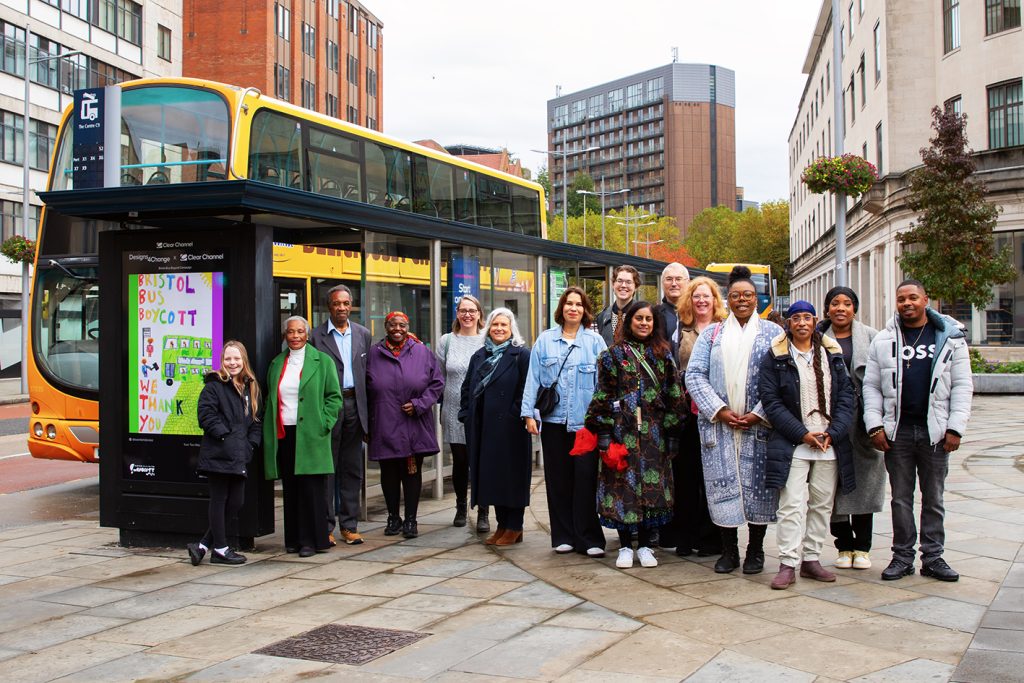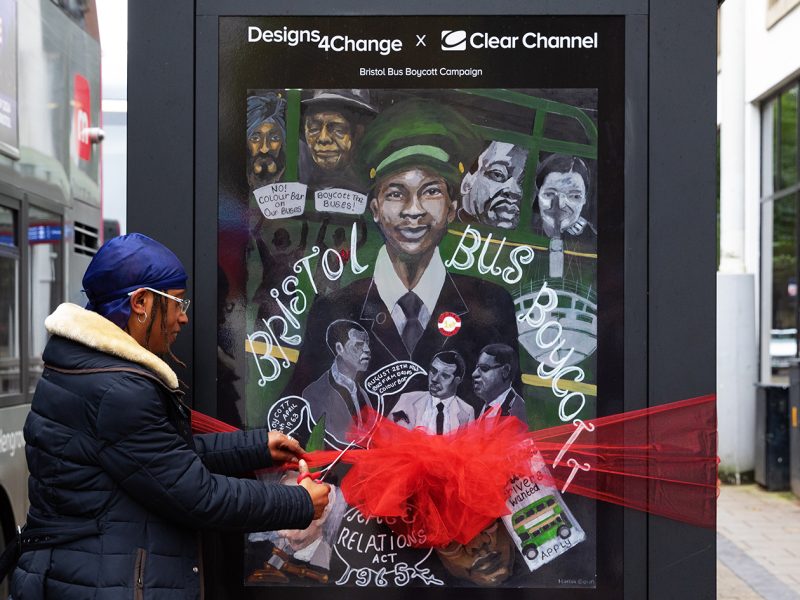BRISTOL is mourning civil rights campaigner Paul Stephenson, who has died at the age of 87.
Dr Stephenson was best known for organising the Bristol Bus Boycott in 1963, which ended the colour bar on black and Asian drivers and conductors,.
The following year he staged a sit-in at the Bay Horse pub, refusing to leave after the bartender refused to serve him. His arrest and subsequent trial gained national attention and influenced the eventual passage of the Race Relations Act of 1965, the UK’s first anti-racist law.
Dr Stephenson, the son of an African father and mixed race British mother, had arrived in Bristol in 1962 and became the city’s first black social worker.
He continued to champion equality and social justice over the decades and was awarded an OBE in 2009 for his services to equal opportunities and to community relations. He was the first black Freeman of the city of Bristol and received honorary degrees from both Bristol’s universities.
His death was announced by his daughter Fumi and son Paul Junior. In a statement, they said: “It is with a heavy heart that Stephenson family share the passing of our beloved father, Dr Paul Stephenson, a true pioneer in the civil rights movement.

“He left this world on the evening of 2 November 2024, after a courageous battle with Parkinson’s disease and dementia, which he faced with the same unwavering determination that defined his life.
“We have been immensely fortunate to witness first-hand the profound impact Dr Paul Stephenson had on our community and our nation.”
In a written personal message, they said that his spirit and impact “will continue to live on”.
“Despite the demands of his work, Dad’s love and support for our family never wavered,” his children said.
“He encouraged our independence and growth, always striving to ensure that we could forge our paths.
“Dad’s unwavering commitment to improving the lives and experiences of people in our community was truly infectious.
“His tireless work and activism touched the lives of so many, both locally and on a broader national and global scale.”
Prime Minister Sir Keir Starmer and former Bristol mayor Marvin Rees were among those leading the tributes to Dr Stephenson.
His work is in the spotlight in Bristol this autumn following a commemorative art competition organised by Julz Davies, of Curiosity UnLtd, and the company Clear Channel.
The contest attracted more than 150 entries and the four winning designs – by Gwen Balmer, Amara Lawrence, Martha Clarke, and Marcia Brown – are on display on bus shelters across the city and on the big screen at We the Curious in Millennium Square. QR codes link to information about the artists. A celebration event was held at the Bay Horse, whose current operator formally apologised for the injustices that took place there.
Julz Davies said at the event, which took place just days before Dr Stephenson died: “We stand on the shoulders of giants, and none were broader than Paul Stephenson’s. Because of his unwavering fight for racial justice, he laid an enduring blueprint for positive change. Paul is a national treasure and inspiration to current and future generations of changemakers. Like Martin Luther King, his words, deeds, and legacy should be an essential part of the national curriculum.”


